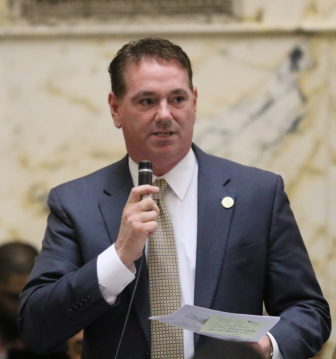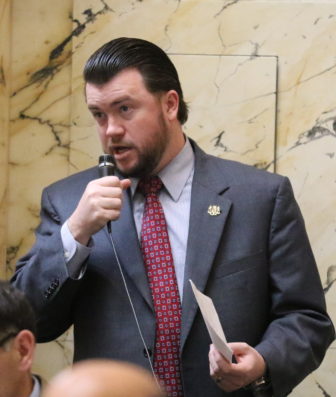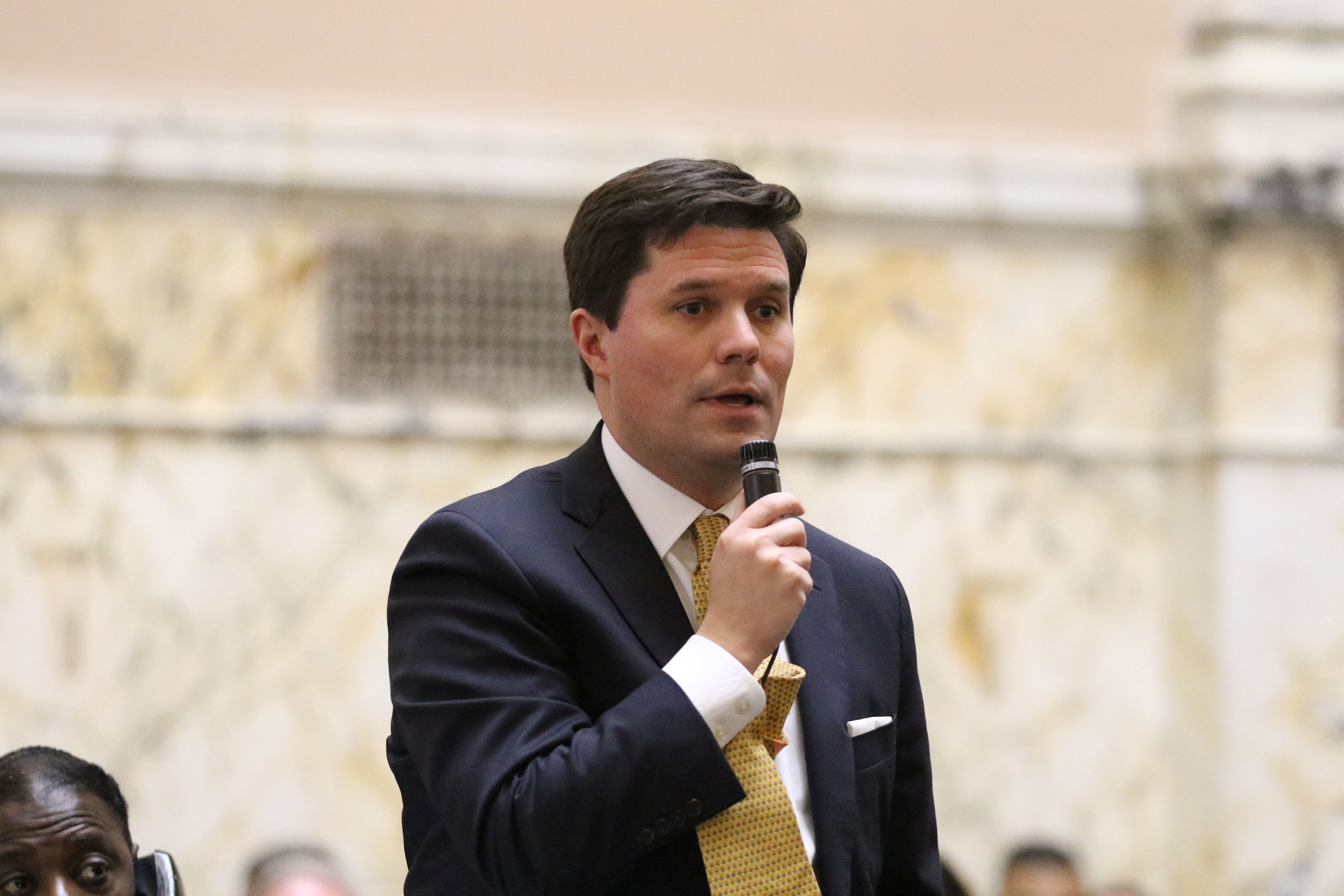UPDATE: This late-moving bill to provide Maryland’s own protection for Internet privacy and net neutrality that passed the House last Thursday never made it out of the Senate Rules Committee.
By Glynis Kazanjian
For MarylandReporter.com
Maryland may soon join other states that are putting consumer protections in place to allow residents to determine which personal data Internet service providers may use, while ensuring they’re treated equally regardless of how they use the Internet.
A bill sponsored by Del. Bill Frick, D-Montgomery, scheduled for a final House vote this week would require Internet service providers to give their customers an opt-in choice before using their personal information for marketing and other third-party uses. The bill would also reset the net neutrality rule requiring Internet providers to treat all customers equally when it comes to Internet speed and fees, a response to the FCC’s 2017 deregulation.
“They shouldn’t be spying on you or selling your online behavior for commercial purposes,” Frick told a House committee in March. “Your browsing history will remain private.”
The bill, HB1654, prohibits Internet service providers from “using, disclosing, selling, or providing access to customer personal information unless the provider obtains opt-in consent.”
Also, a provider may not refuse service to a customer who does not opt-in, and a customer may not be charged a different price based on their consent decision.
The Internet provider may use the customer’s personal information for internal purposes, such as billing or payment collections, compliance with legal processes, fraud protection and location information related to emergency services.
If Internet service providers, such as Verizon, Comcast, Cox or AT&T, do not accept the bill’s net neutrality terms if it becomes law, the state would be prohibited from doing business with them.
“The state exercises its right as a market participant,” said Assistant Attorney General Richard Trumka, Jr., when testifying in support of the bill. “State funds cannot be paid to Internet service providers who block, throttle or engage in preferencing.”
Simply put, Trumka said, the state can choose who it will or will not do business with.
“We may impose burdens on commerce in a market as long as it’s entering that market,” Trumka said, citing a 1989 Maryland Court of Appeals case. “The state is entering the broadband service market.” He listed the use of broadband Internet access for state employees as one example.
Opponents of the bill questioned whether FCC rules could preempt state law if the bill passes, but Frick resisted those claims.
“I don’t know of any statute that would let them establish this set of rules, privacy-wise,” Frick said.
On the House floor Tuesday, several Republicans introduced amendments to the legislation before voting against it.
Crossing state lines
House Minority Whip Kathy Szeliga said she is concerned about privacy protections after a Maryland resident crosses state lines. She offered an amendment that would set up a multi-state compact in New Jersey, New York, North Carolina, Pennsylvania and Virginia.
“What if I went to Delaware,” Szeliga asked. “The Internet does not stop at the Pennsylvania line or the Virginia line.”
“We regulate what happens in Maryland,” Frick responded. “This bill regulates what happens in Maryland. When you’re in Delaware, the law of Delaware applies.”
Szeliga, R-Baltimore, Harford, said it would be hard to regulate an Internet service provider in multiple states.
“It’s a regional problem, it should be dealt with regionally,” she said.
Frick said the bill should not be contingent on other states, and the amendment failed 47-83.

Del. Matthew Morgan. MarylandReporter.com photo by Glynis Kazanjian
Del. Matthew Morgan, R-St. Mary’s, offered an amendment that would require the same privacy rules to apply to social media giants such as Facebook and Twitter.
“I think it’s a serious issue and one that warrants a stand-alone conversation,” Frick responded. “We considered this amendment in the voting session in the Economic Matters Committee, and we rejected it – not because we don’t think this is an important conversation, I think we do. I think it belongs in a stand-alone bill.”
Morgan’s amendment failed as well, 50 – 81.
No censorship

Del. Kevin Hornberger. MarylandReporter.com by Glynis Kazanjian
Del. Kevin Hornberger, R-Cecil, offered an amendment calling for the bill to ban censorship.
“The state doesn’t have the ability to censor free speech,” Hornberger said. “The way the bill is written, it provides an opportunity for censorship to occur.”
Frick said Hornberger “raises a great point,” and supported the amendment, which was adopted.
Five states – Hawaii, New Jersey, New York, Montana and Vermont – are participating in the net neutrality business model, Trumka said. Twenty-six states have initiated legislation to do the same, according to the bill’s fiscal note.




Recent Comments